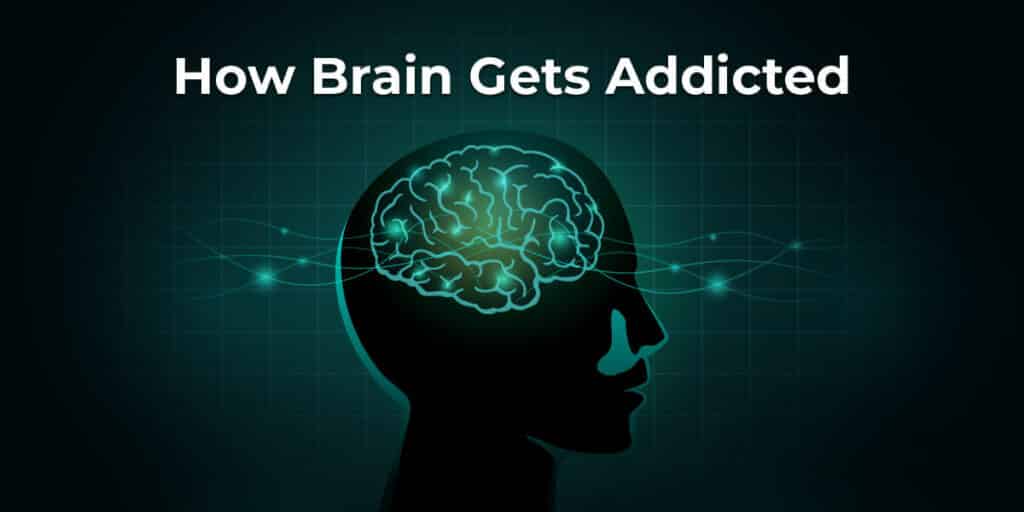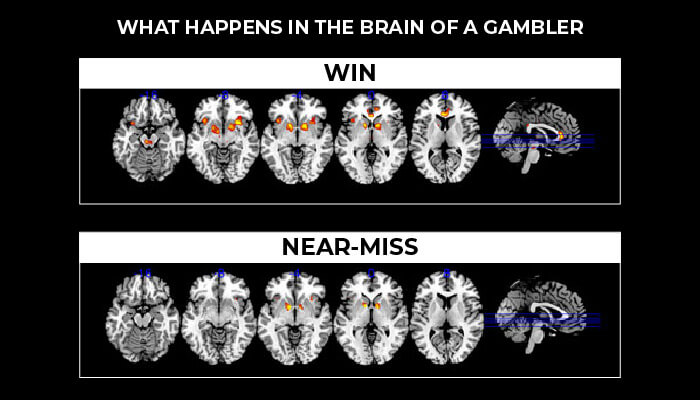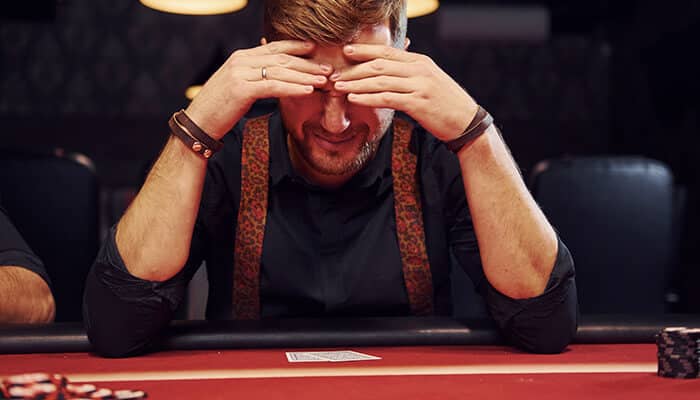The Science Behind Gambling Addiction and the Brain.

Although not everyone who participates in gambling develops an addiction, the complexity of the issue has been the subject of many studies. Scientists have delineated a framework to better understand the addictive nature of gambling. Continue reading if you want to gain insights into the factors that make gambling habit-forming.
What makes gambling addictive
What happens in the brain of a gambler
Why only some people become addicted
Conclusions and references
What makes gambling addictive
While it might seem straightforward to get addicted to the prospect of quick riches, the reality is that most gamblers frequently lose. So, what motivates people to keep engaging in these games?
Intense gambling sessions can significantly transform the way the brain communicates via chemical signals. This activity stimulates the reward system to make the gambler feel successful, even amidst losses, thus bypassing logical reasoning. This emotional surge can be as addictive as drug dependency.

What happens in the brain of a gambler
The ventral striatum, a critical region in the brain's reward circuitry, plays a significant role in all forms of addiction. It comprises intricate networks of neurons linked to parts of the brain that govern memory, motivation, and pleasure.
Every time we indulge in pleasurable actions, like enjoying a favorite meal, receiving praise, or experiencing a win, our brain transmits messages through neurotransmitters. Dopamine, the primary neurotransmitter in the reward circuitry, induces feelings of exhilaration and eagerness when sufficiently released, encouraging us to repeat the activity.

The Effects of Gambling on the Brain's Reward System
Gambling causes dopamine to be produced at magnitudes significantly higher than naturally pleasant activities. As research from Germany in 2005 indicates, gamblers, like substance users, can develop a tolerance over time, requiring more frequent play, larger stakes, or more precarious bets to achieve the same sense of enjoyment.
Persistent high levels of dopamine can weaken the neural connections to the prefrontal cortex, an area involved in impulse control, making it increasingly difficult for gamblers to resist the urge to gamble.
This phenomenon is supported by studies from Yale University in 2003 and the University of Amsterdam in 2012 that identify unusually low electrical activity in the prefrontal brain regions of chronic gamblers, areas crucial for evaluating risks and restraining impulses.
Psychological Factors Driving Continuous Gambling
Beyond neurochemistry, psychology significantly influences gambling habits. Five key psychological aspects explain why susceptible gamblers keep playing despite the risks:
- Gambler’s fallacy – Many gamblers wrongly believe that after a series of losses, their probability of winning increases. In truth, each game is an independent event with unchanged odds;
- Partial reinforcement – This refers to scenarios where actions do not consistently result in rewards or penalties. Gamblers perceive a potential to win each time, convinced that losses are part of an eventual win. This false sense of possible gain spurs them to continue gambling;
- Illusion of control – More common in table games, players sometimes falsely believe they can influence the outcome, like choosing a Roulette color or holding certain cards, though luck is the real determinant;
- Availability heuristic – Gamblers overvalue their odds after witnessing someone else's victory or recalling a past win of their own, assuming it improves their personal chance, which it does not;
- Loss aversion – Studies show losses provoke stronger emotional reactions than equivalent gains, leading gamblers to chase losses, which often results in further loss.

Why only some people become addicted
For many, gambling occasionally offers a thrill they associate with fun social interactions, irrespective of winning.
The frequency of gambling is a strong determinant of addiction risk. A casual gambler who plays sporadically with friends typically remains unaffected, whereas habitual daily gamblers are more likely to develop dependency.
The Role of Genetics in Gambling Addiction
There are individuals who possess a genetic predisposition towards compulsive gambling. Two primary traits contributing to this are impulsivity and a strong desire for rewards:
- A less active prefrontal cortex;
- An underactive brain reward system.
While gambling-induced neurological changes can inhibit the prefrontal cortex, some individuals are inherently predisposed to impulsive decision-making, heightening their vulnerability to excessive gambling.

Those born with an underactive reward system in the brain may struggle to derive pleasure from ordinary activities, seeking options like substance use or gambling to attain more substantial euphoria through heightened dopamine release.
Prevention and treatment
Fortunately, individuals struggling with gambling addiction aren't without hope. Numerous effective treatments are available, including counseling and rehabilitation. If you suspect you may have a gambling problem, reconsider your priorities and seek support. The journey begins with reaching out to someone close to you.
Conclusion
In many respects, gambling addiction mirrors substance addiction, stemming from both genetic and personal choices. Researchers continue to investigate the brain's workings in addiction to refine therapies and treatments.
Although great strides have been made, unfortunately, approximately 80% of gambling addicts never pursue treatment. Additionally, a worrying 75% of those who do seek help often relapse into gambling.
Prevention is crucial, and engaging in responsible gambling can mitigate the risk of this serious issue. Efforts are being made to offer tools for Responsible Gaming to aid in": "gambler control. Impressively, players using self-imposed limits can dramatically reduce their addiction risk while optimizing long-term enjoyment. top online casinos in Canada How Does Gambling Become a Compulsion?